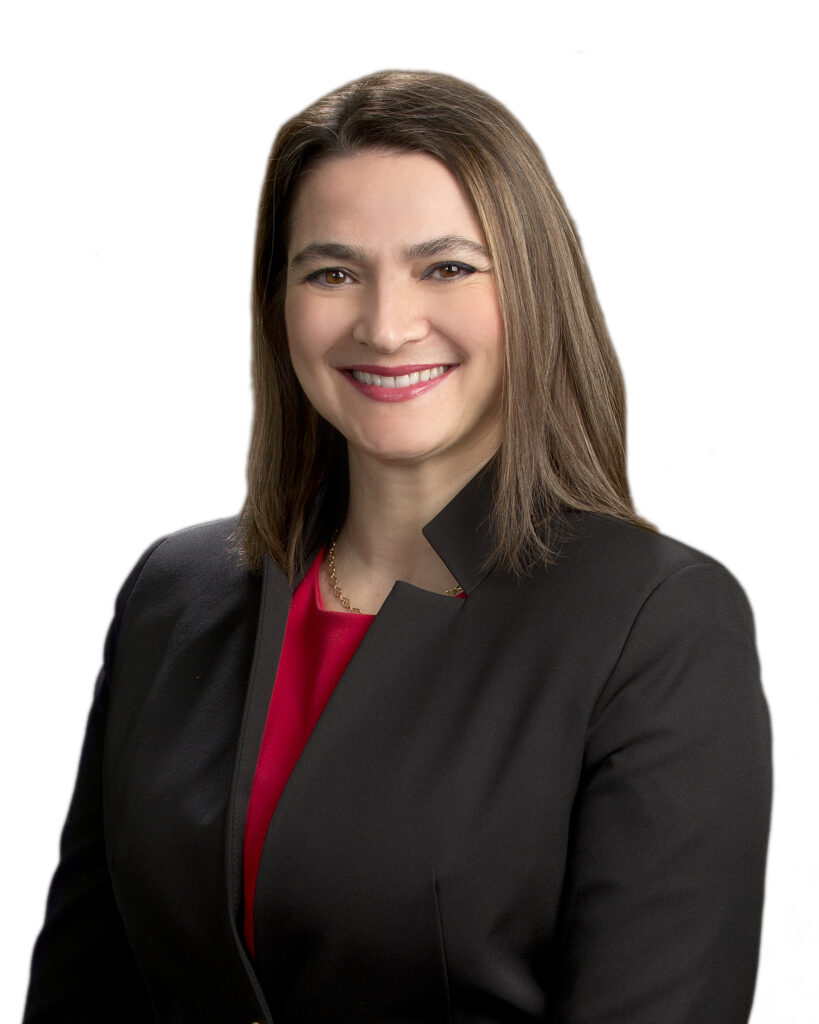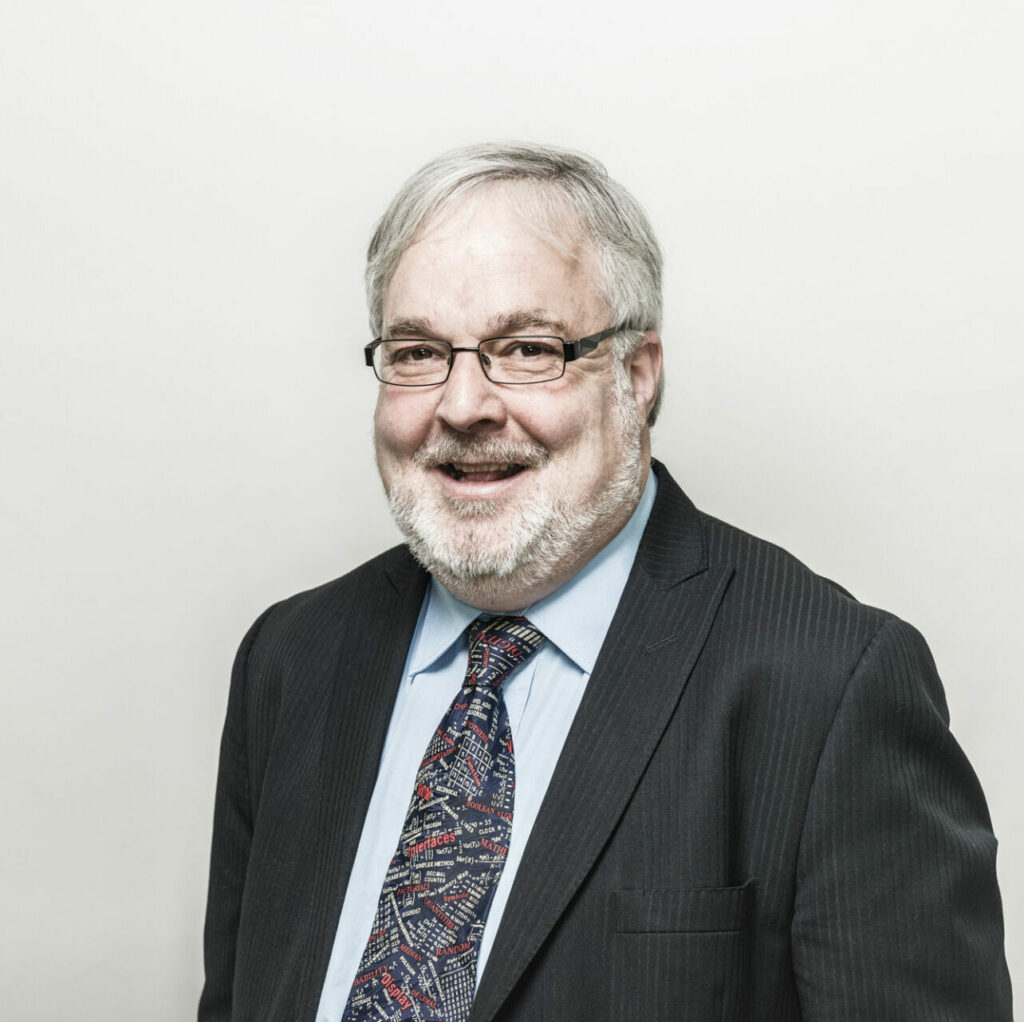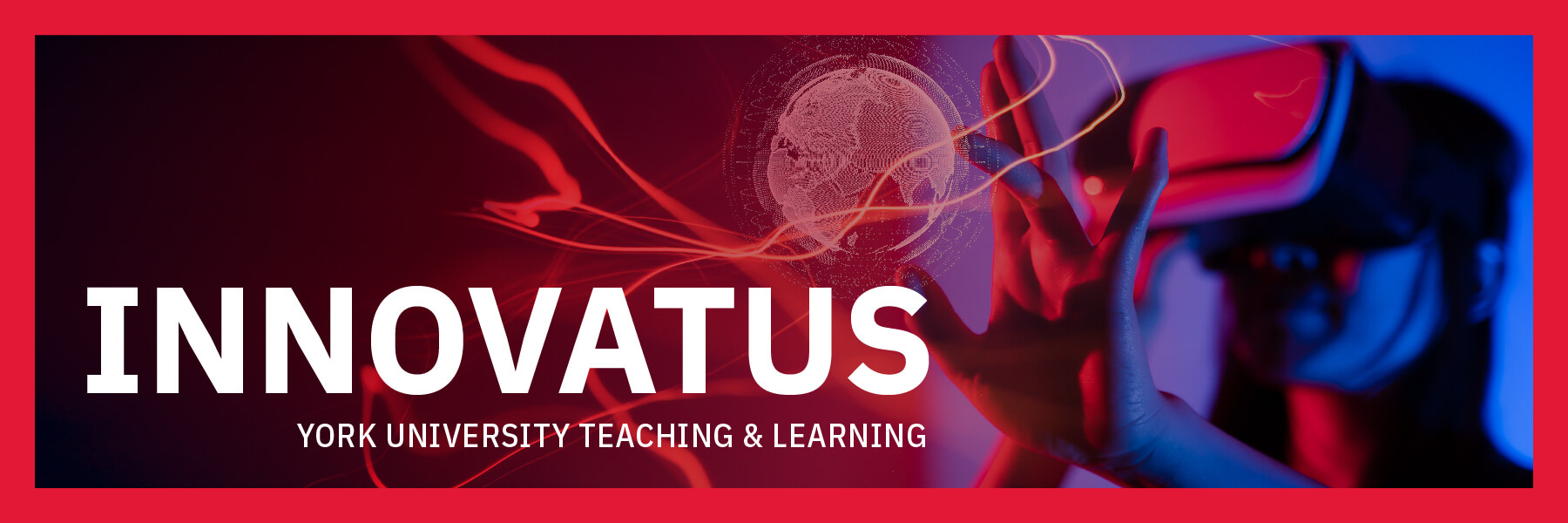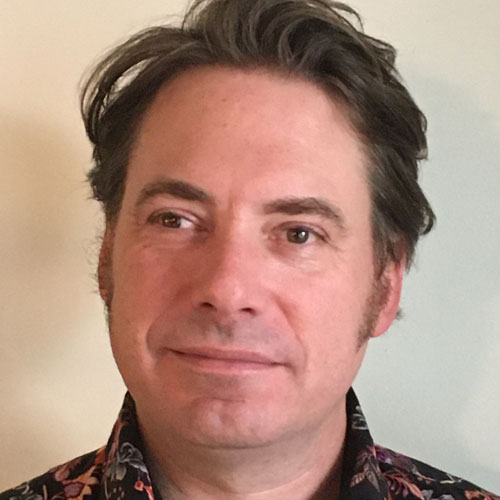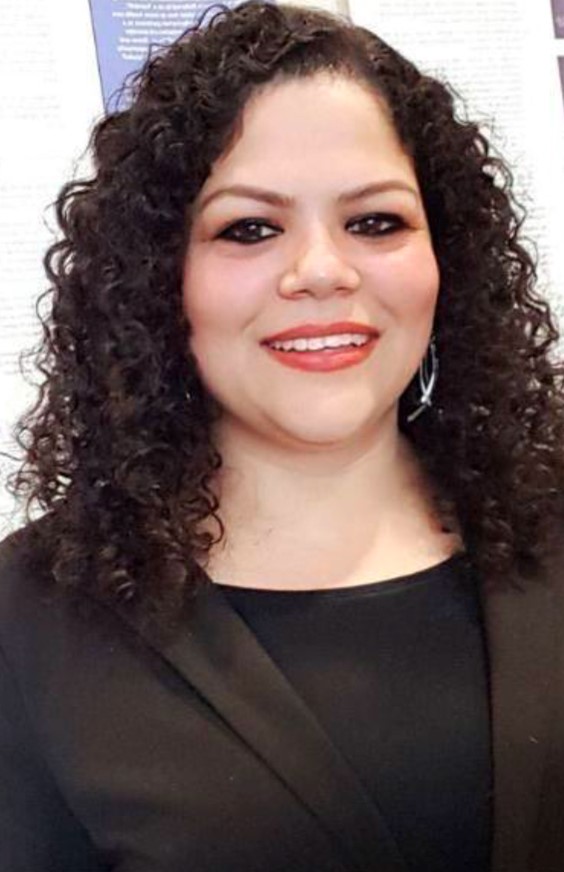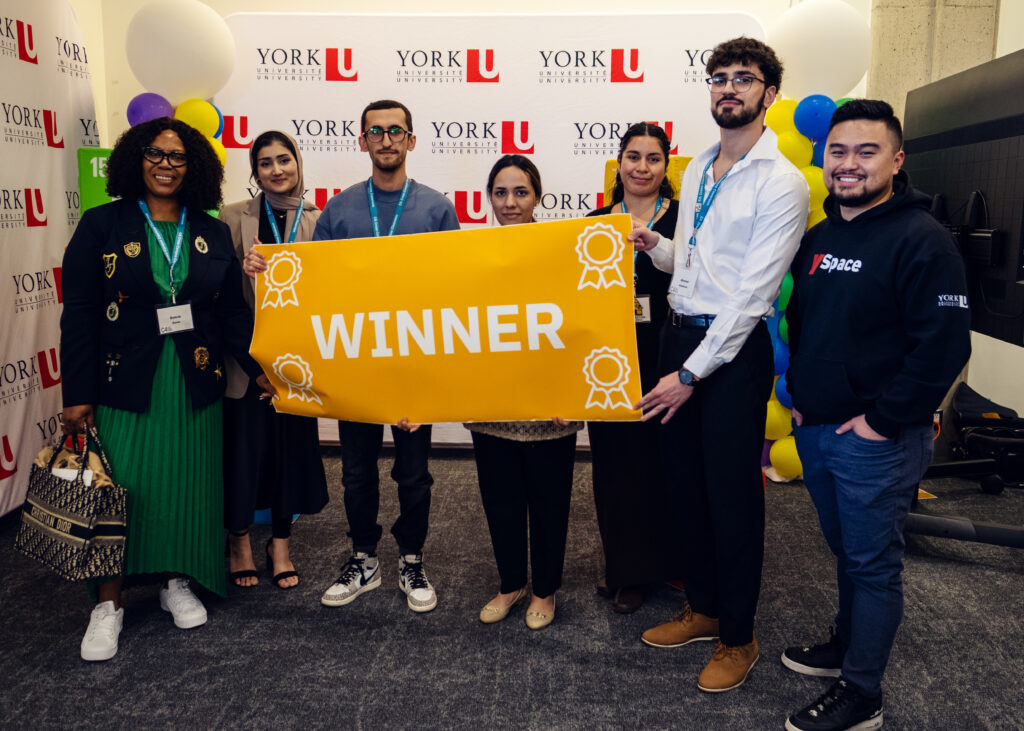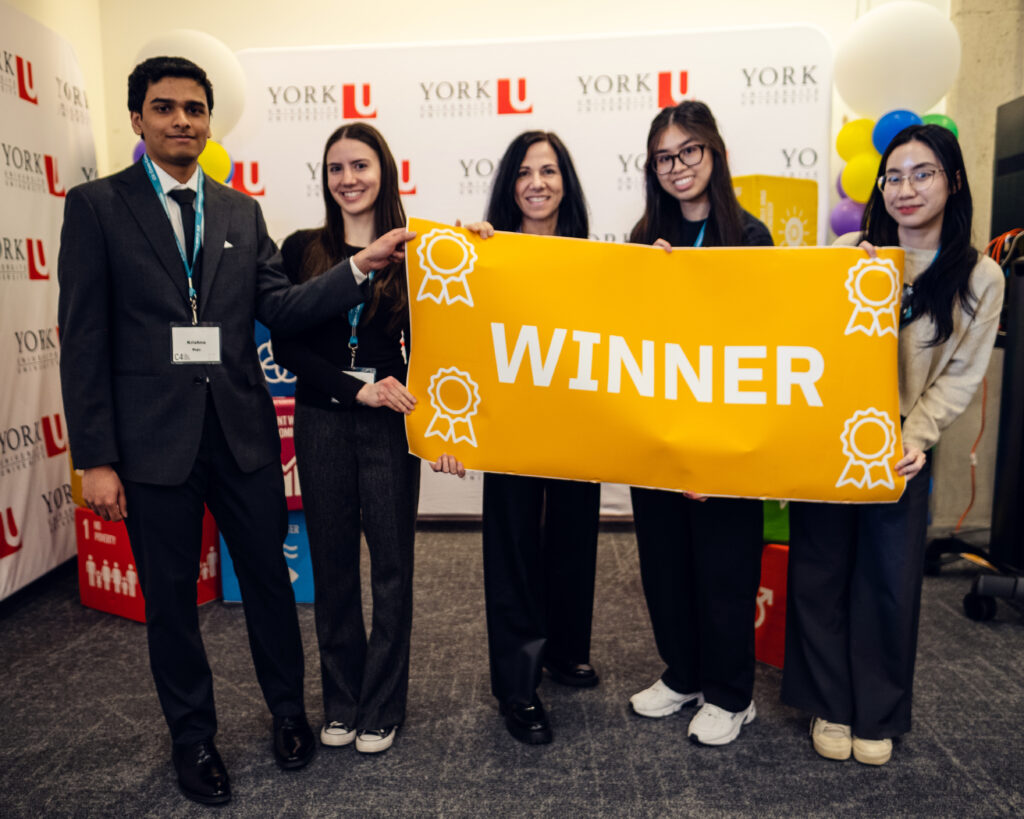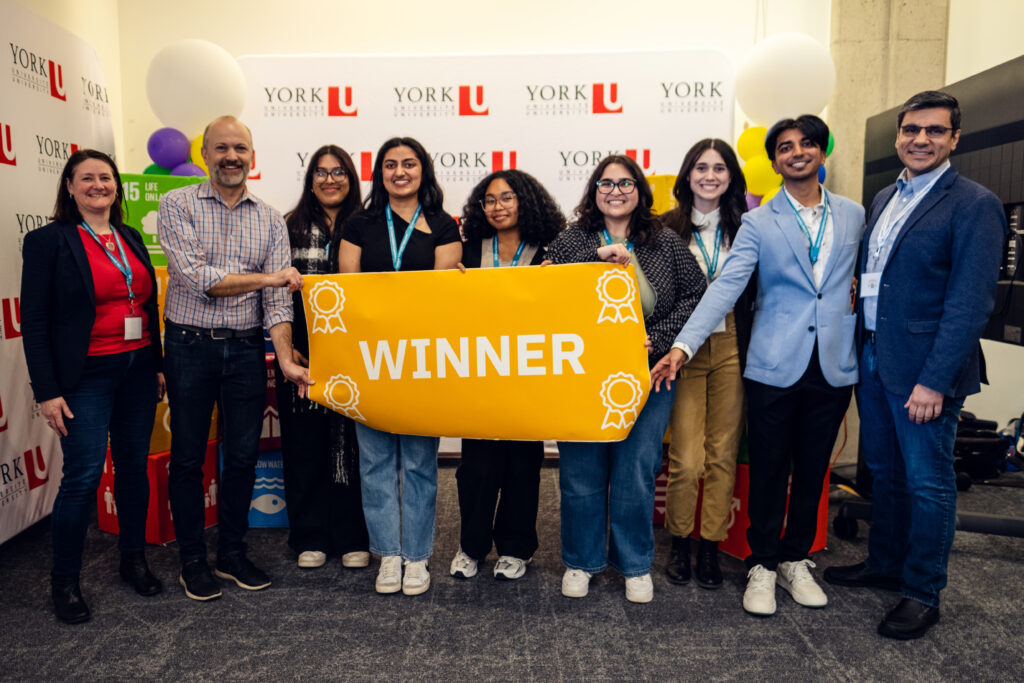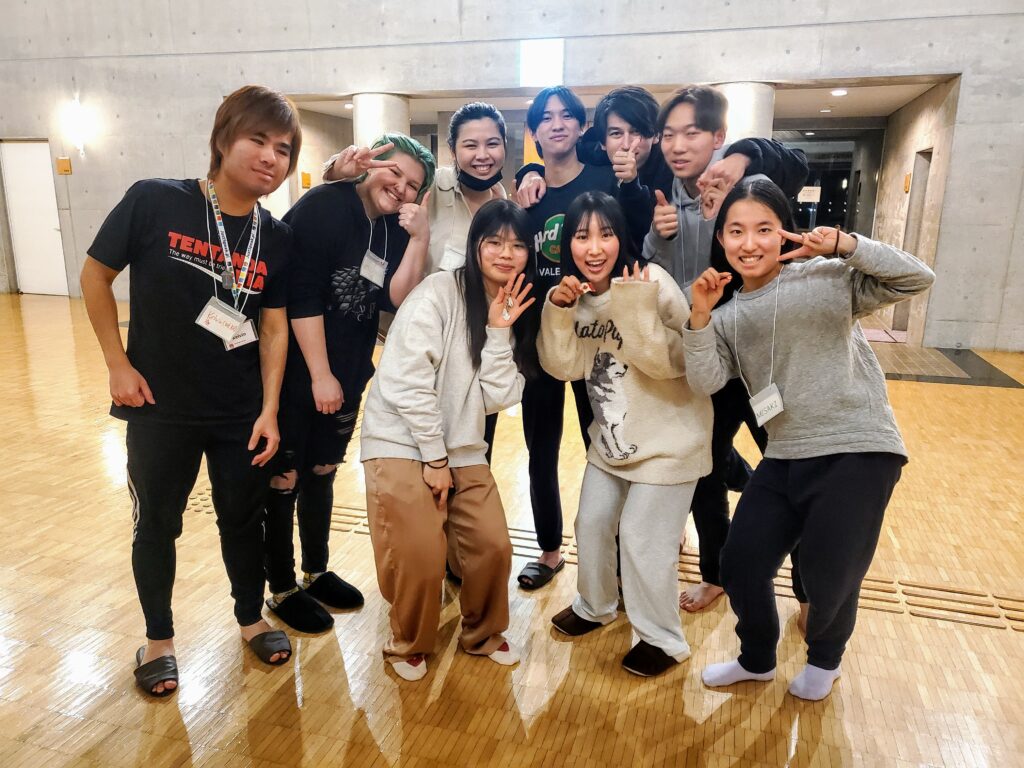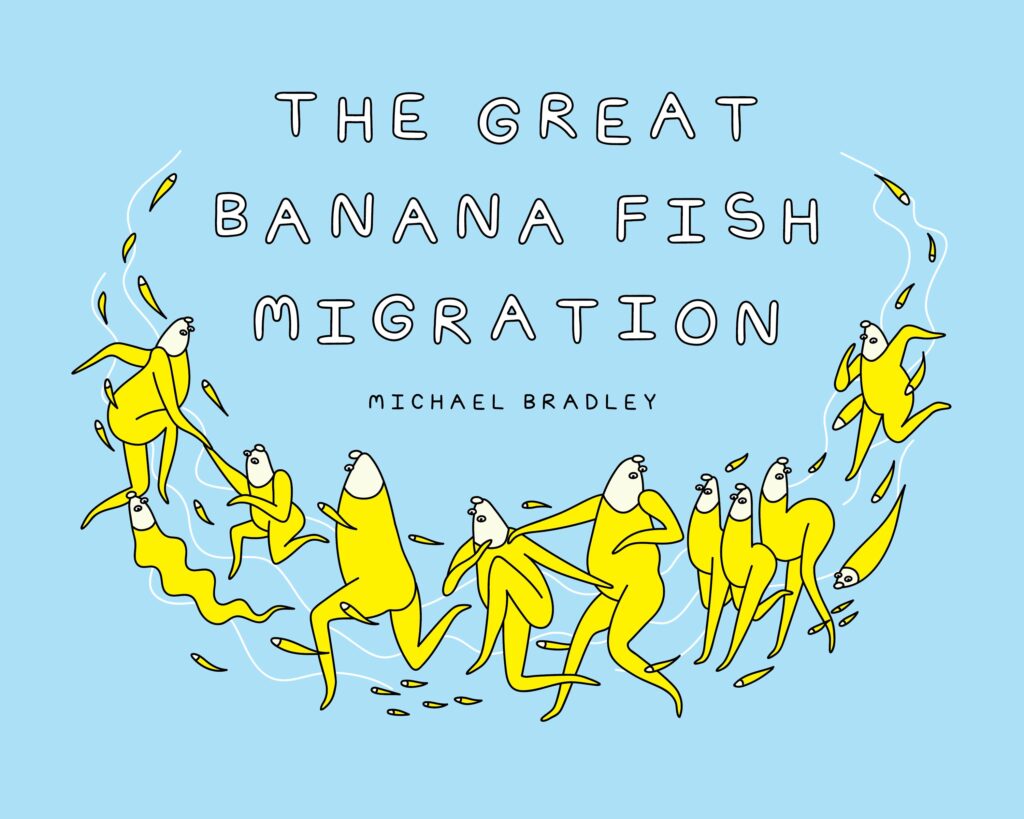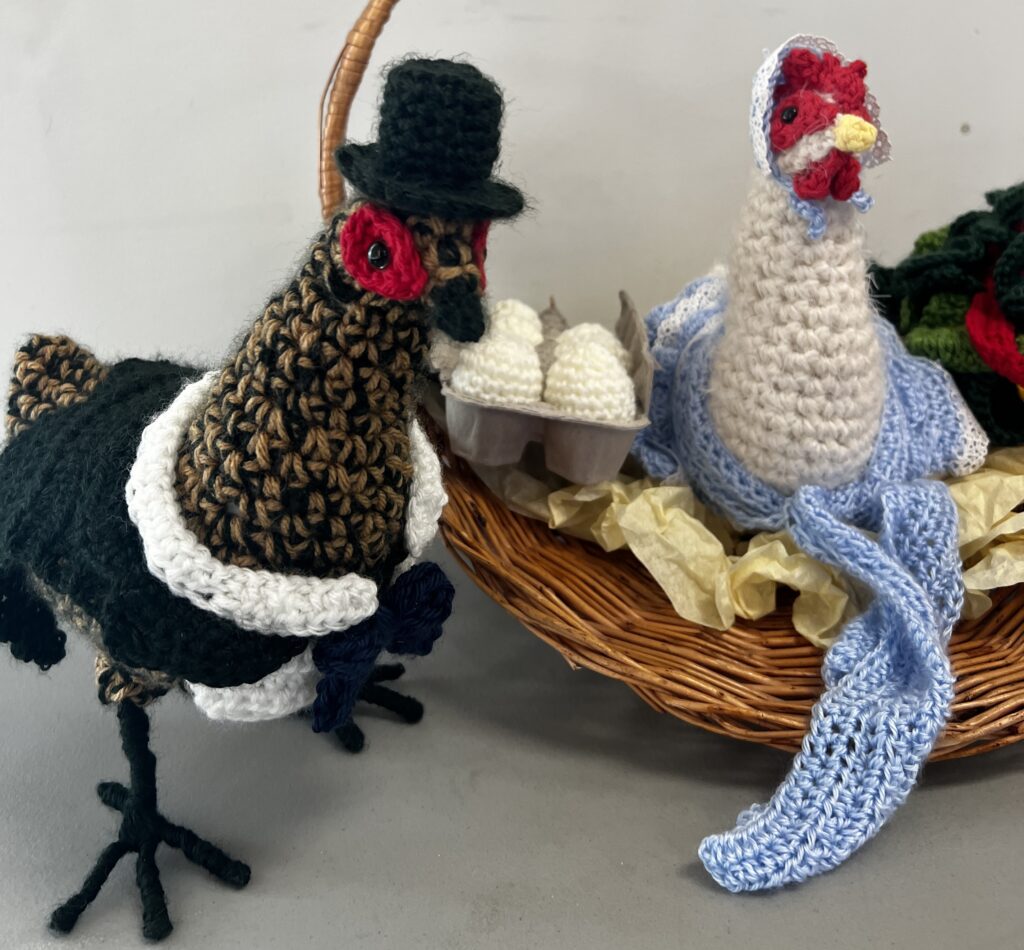For its 10th anniversary, Osgoode’s Internationally Trained Lawyers Day (OITLD), organized by York University’s Osgoode Professional Development (OsgoodePD), is growing into a two-day event. The expansion is a reflection of the rising success and contributions of internationally trained lawyers (ITLs) across Canada, eager to share their journeys with attendees.
When the event first launched in 2015, its mission was to bring together legal employers, lawyers and law graduates from around the world to learn, share, celebrate and advance internationally trained talent across Canada.
Since its inception, the event has been an extension of OsgoodePD’s year-round dedication to supporting internationally trained lawyers as they navigate the unique challenges of practising law in Canada – be it cultural nuances, unfamiliar legal systems or regulatory requirements.
Initially, the event focused primarily on Canadian legal professionals offering guidance to ITLs and National Committee on Accreditation (NCA) candidates who represented a growing cohort of aspiring lawyers from Osgoode. However, as OITLD approaches its 10th year, it has evolved.
Over the past decade, numerous international legal candidates have acquired the skills and knowledge needed to thrive in the Canadian legal landscape. Many have advanced to senior and decision-making roles, significantly contributing to the Canadian legal community. These individuals are now becoming mentors, sharing their insights and experiences with incoming ITLs who are in the same shoes they once were.
With the increased number of alumni and ITLs willing to share their stories, Osgoode’s event has, for the first time, expanded to a two-day event. This extension allows for more panels and sessions, highlighting the wealth of experience and success stories within the community.
The event will feature nine panels, including specialized sessions from current OsgoodePD students and alumni as well as organizations such as the Black Female Lawyers Network, the Canadian Hispanic Bar Association, the NCA and the Law Practice Program.
New session highlights for in-person attendees will include a speed mentoring session, which offers attendees the chance to build valuable connections and engage in quick, impactful interactions with an assortment of Internationally Trained Lawyer mentors providing first-hand experience in accreditation, licensing, job recruitment and professional development.
Additionally, a workshop will offer assistance on the art of the cover letter and CV, tailored specifically for ITLs. The session will provide practical tips and insights on crafting compelling cover letters and CVs that stand out in the competitive legal job market and showcase international experience and legal skills to potential employers. The event will be hosted by Danielle Laflamme, a respected senior manager of professional recruiting and student programs at Borden Ladner Gervais LLP in Ottawa.
There will also be panels featuring current students and alumni. One – titled “ITL Stories: NCA Process, Job Recruitment, and Licensing” – will provide first-hand accounts from those who have successfully navigated the NCA process, secured employment and obtained their legal licences in Canada. Its goal is to offer invaluable insights and inspiration for those who have already been through the process.
The event will draw too on the community by featuring an academic conference, presented by current students and alumni of Osgoode who are ITLs, that will highlight research, case studies and papers that reflect their perspectives and contributions to the legal field – and celebrate their academic achievements and intellectual contributions to the community.
A special highlight of the two-day celebration will be a keynote address from Justice Lorne Sossin, a former professor and dean of Osgoode Hall Law School, now appointed to the Court of Appeal for Ontario. Sossin will share insights and reflections on the evolving landscape of law and the significant role of ITLs in shaping it.
For more information about the event and to register (before May 27), visit the OITLD event’s website.




